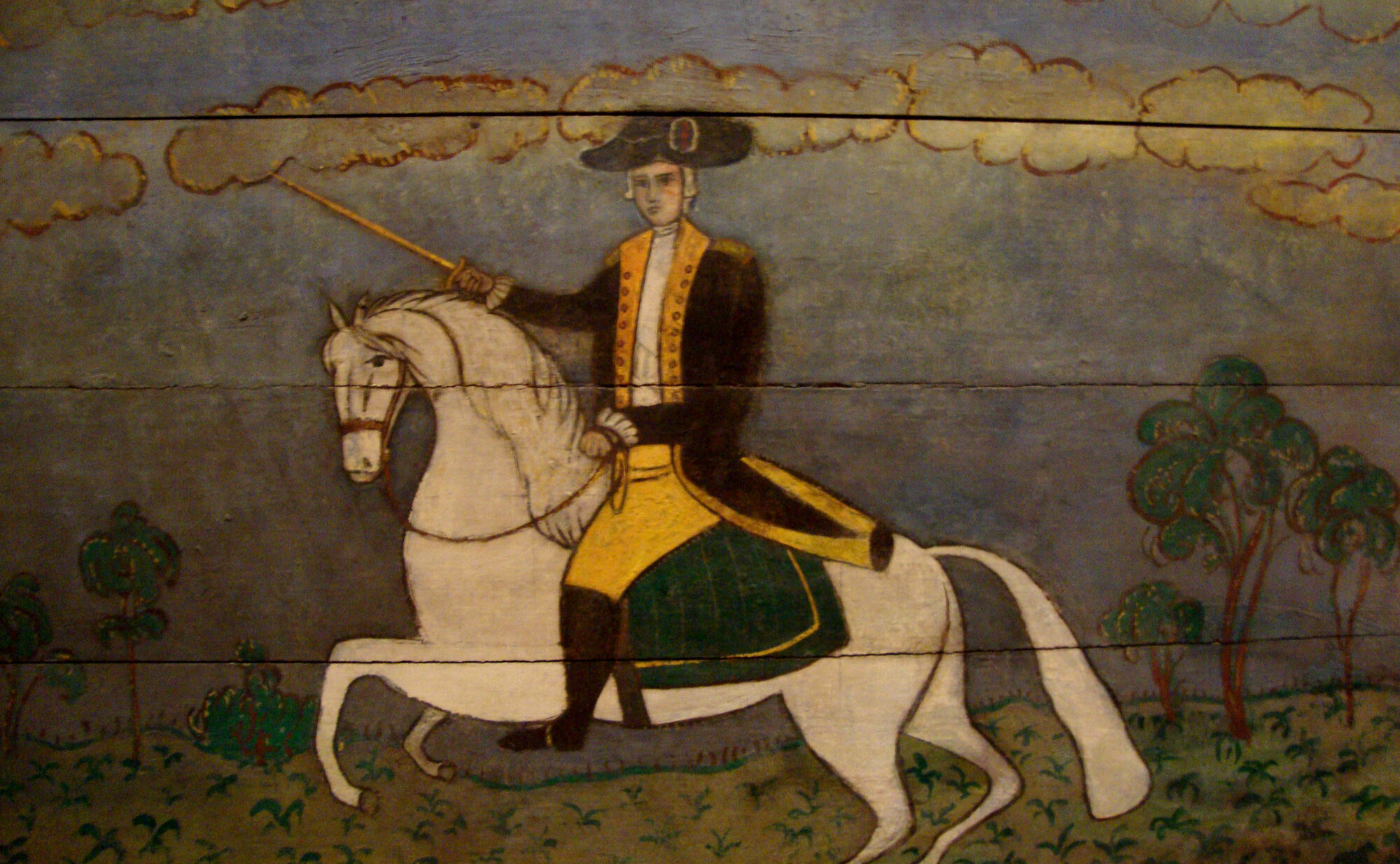This is the first in a series of stories about the Federal Election Commission.
“There are only two important things in politics. The first is money, and I can’t remember the second.”
— Mark Hanna (1837-1904), Industrialist, U.S. senator, political boss
In the more than two centuries from the first U.S. President George Washington to the 46th, Joseph R. Biden, the extent of transparency and accountability about campaign contribution money in local, state and federal U.S. elections has gradually evolved from nonexistent to substantially more accessible and discernible.
Consider, for example, that after a wealthy 25-year-old man named George Washington, in 1757, bought “$195 worth of punch and hard cider for friends prior to an election,” the Virginia Legislature enacted a law prohibiting candidates, “or persons on their behalf,” from giving voters “money, meat, drink, entertainment or provision . . . any present, gift, reward or entertainment, etc. in order to be elected.”
Neither the Articles of Confederation (1781-1789) nor the Constitution (ratified in June 1788) mentioned or provided for political parties. Not only did the United States begin without party government, but also when President Washington delivered his farewell address in 1799, he warned Americans against “the baneful effects of the spirit of party.”
Irrespective of his warning, political parties eventually would become a mainstay of American politics and elections.
While there were no incorporated political parties in the U.S at the time, there were two major political factions — the Federalists and the Jeffersonian Republicans. The Federalists were first described in 1787 as supporters of the new U.S. Constitution. Three “founding fathers” — Alexander Hamilton, John Jay and James Madison — in roughly a year wrote 85 essays known as “the Federalist Papers,” which were published in various New York newspapers under the nom de plume “Publius.”
Alternatively, the Jeffersonian Republicans were supporters of limited government and strongly believed in the virtues of an agrarian democracy and limited policymaking. To them, the greatest threat to liberty was the specter of a powerful central government.
The Federalists and the Jeffersonian Republicans were not political parties; they more resembled factions and their members were mostly landowners and merchants who were interested in politics. And in an era 150 years before television and its considerable expenses for political commercials, presidential candidates themselves mostly paid for the costs of the campaigns.
From 1867 to 1967, there were a number of “Pre Federal Elections Campaign Act” laws beginning to rein in illegalities and regulate campaign finance issues. The “History of Campaign Finance Regulation,” published by the Civil Liberties Policy/Public Policy, compiled a list of important dates:
1867:
Congress passed a naval appropriations bill that made it illegal for government officials to solicit naval yard workers for money. This marked the first time the federal government specifically tried to regulate campaign finance.
1883:
The Pendleton Civil Service Reform Act was passed, making it illegal for government officials to solicit contributions from any civil service workers, or award these positions on anything but merit. Prior to this act, many in government workers were expected to make contributions to keep their jobs.
1905:
President Theodore Roosevelt called for “vigorous measures to eradicate” perceived political corruption and suggested that “contributions by corporations to any political committee or for any political purpose should be forbidden by law.”
1907:
The Tillman Act made contributions to federal candidates by corporations and national banks illegal. The act was relatively ineffective because there was no good way to enforce it.
1910:
The Federal Corrupt Practices Act required House candidates to disclose their finances. One year later, Senate and primary candidates also were required to disclose their finances, and expenditure limits were set for all congressional candidates.
1921:
In Newberry v. United States, the Supreme Court ruled that the Federal Corrupt Practices Act was unconstitutional because the Constitution does not grant Congress the authority to regulate political parties or federal primary elections. As a result, spending limits were no longer required in congressional elections.
1925:
Congress amends the Federal Corrupt Practices Act to include a ban on any corporation contribution to a federal campaign, candidates must disclose the source of any contribution greater than $50, patronage is prohibited and Senate candidates can spend $0.03 for each voter based on the previous election up to $25,000. House candidates are limited to $5,000.
1935:
The Public Utilities Holding Act is passed, prohibiting public utility companies from contributing to federal campaigns.
1939:
Hatch Act bans most federal employees from contributing to candidates in national elections and participating in political activities or campaigns.
1943:
The Smith-Connally Act prohibits unions from contributing to federal candidates. Prior to this law, unions had been using dues as political donations. The first political action committee is established by the Congress of Industrial Organization, and union members voluntarily contribute to the PAC independent of the union.
1947:
The Taft-Hartley Act bans corporations and unions from making independent expenditures in federal political campaigns. As long as candidates promised not to use their primary money during the general election campaign or collect private donations, they could campaign with publicly funded dollars.
1967:
Congress officially begins to collect campaign finance reports, despite it being law for nearly 50 years.
1971:
The Federal Election Campaign Act of 1971), according to respected professor of political science and author Herbert E. Alexander, was “the first comprehensive revision of federal campaign legislation since the Corrupt Practices Act of 1925, [and it] established detailed spending limits and disclosure procedures.”
[from “Comparative Political Finance Among the Democracies,” edited by Herbert E. Alexander and Rei Shiratori Westview Press; 1994].
1974:
In the wake of the Watergate scandal, the Federal Election Campaign Act of 1971 was strengthened in 1974 by amendments that set new contribution and spending limits and created the bipartisan Federal Election Commission to administer election laws, Alexander said.





